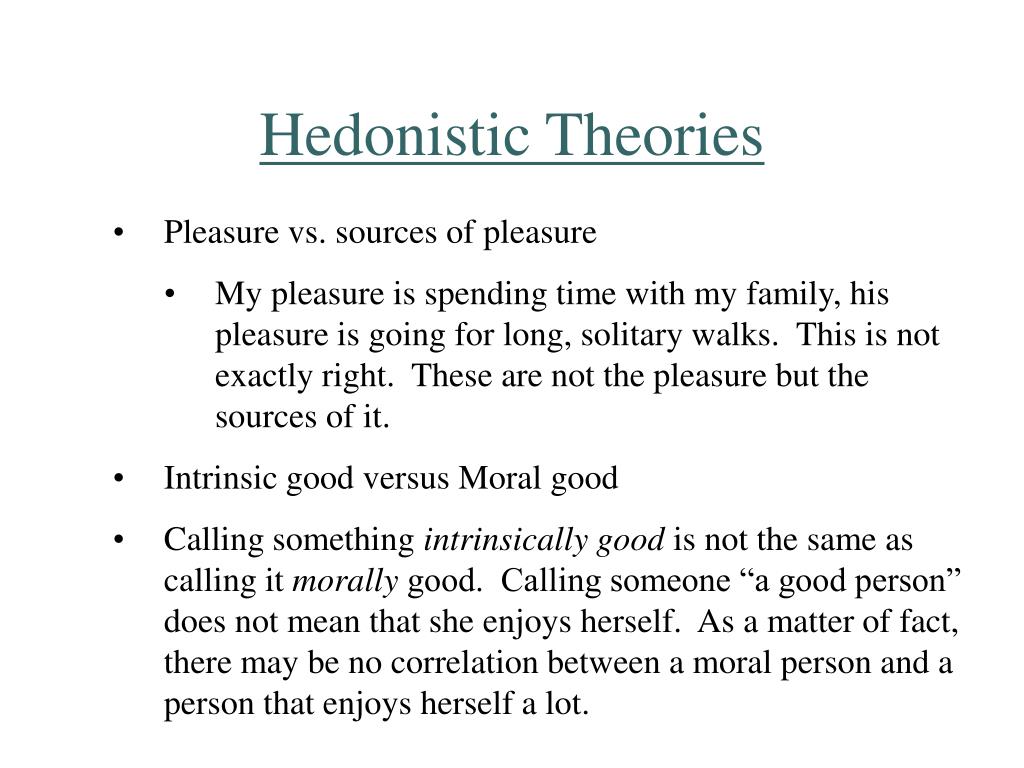

" Defining key drivers of online impulse purchasing: A perspective of both impulse shoppers and system users," Wu, Ing-Long & Chen, Kuei-Wan & Chiu, Mai-Lun, 2016." Exploring user acceptance of 3D virtual worlds in travel and tourism marketing," International Journal of Information Management, Elsevier, vol. " Obtaining a better understanding about travel-related purchase intentions among senior users of mobile social network sites,"


Importantly for destinations association between usefulness and flow state had a significant moderating effect depending on whether a visitor or non-visitor. Continued use was greatly influenced by flow state and subjective well-being.

Results identified the highly significant effect of consumers’ perceived enjoyment on flow state and of flow state on subjective well-being. To address this gap, this study develops and investigates a conceptually comprehensive model on the effect of consumers’ hedonic behaviors on continued use, with the moderating role of visitor or non-visitor at the destination portrayed in VR tourism. However, research on a theoretically integrated hedonic motivation system adoption model (HMSAM) specifically with enjoyment, flow state, subjective well-being, and continued use has not previously been conducted with respect to VR tourism. Hedonic motivation adoption frameworks with flow state and subjective well-being have been shown to have significant roles in continued use of information technology. 56-71.Virtual reality (VR) tourism provides consumers with the opportunity to experience a destination in VR and can play a significant role in encouraging visitation and engaging in particular travel activities and behaviors. (2022), "Determinants of the online purchase intention: hedonic motivations, prices, information and trust", Baltic Journal of Management, Vol. This paper is financed by National Funds of the FCT – Portuguese Foundation for Science and Technology within the project «UIDB/04928/2020».įunding: UIDB/04928/2020 - FCT – Portuguese Foundation for Science and Technology. The results also revealed that it plays an important role to promote online trust and online loyalty. The estimation of the structural model in the context of online shopping includes the influence of utilitarian motivations (price and access to information), which offer a rational experience and also include emotional motivations (hedonic adventure motivations) on the intention to buy online.


 0 kommentar(er)
0 kommentar(er)
